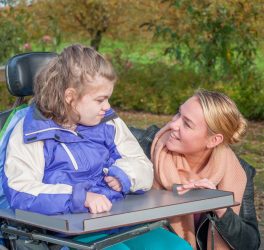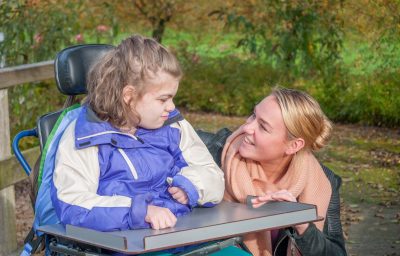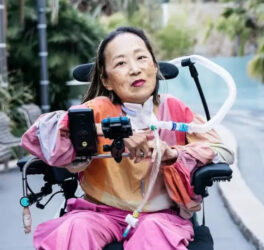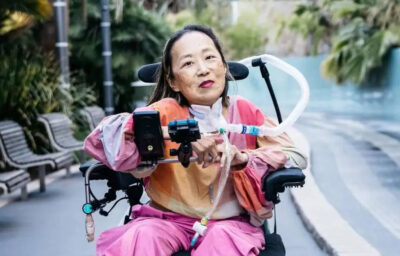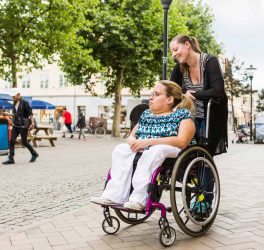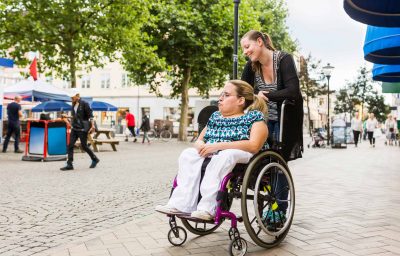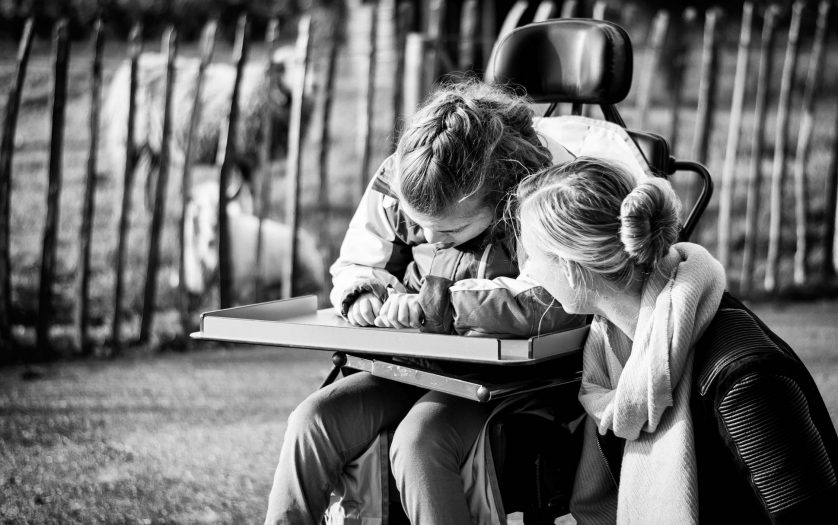
Family carers for children and adults with intellectual disabilities have reported rates of mental health problems under lockdown that are up to 10 times higher than parents without those responsibilities, a new study has found.
They were five times more likely to report severe anxiety, and between four and ten times more likely to report major depression, compared to parents who did not have caring responsibilities for children with intellectual disability.
The challenges faced by informal carers – usually mothers – of children and adults with intellectual disability have been largely overlooked during the coronavirus crisis.
To address this, a research team carried out an online study aimed at documenting their mental health. Led by Professor Paul Willner from Swansea University, the project involved Swansea researchers and colleagues from the universities of Warwick, Kent and Birmingham, and the Challenging Behaviour Foundation.
The team analysed 244 online surveys, which were completed during the strict lockdown period by carers of adults with intellectual disability, of children with intellectual disability, and a comparison group of carers for children without intellectual disability.
More than 90 per cent of the carers taking part were female. Eleven households had had direct experience of COVID-19.
Key findings were:
- Moderate to severe anxiety – 43% of carers of children with intellectual disability reported this, compared with 8% of parents of children without intellectual disability.
- Moderate to severe levels of depression were reported by 45% of carers of children with intellectual disability, compared with 11% of parents of children without.
- Major depression was found in 31% of carers of children with intellectual disability but only 3% of parents of children without intellectual disability.
- Social support – compared to parents of children without intellectual disability, carers of children with intellectual disability received significantly less support from other sources, particularly family and friends – despite their greater needs.
- No respite: carers for adults with intellectual disability; the closure of adult day services and respite care meant that this group felt they had significantly less support than carers of children, who could still send their children to school if they wished.



